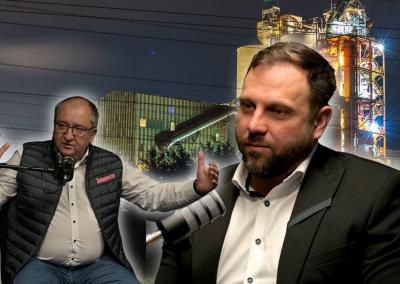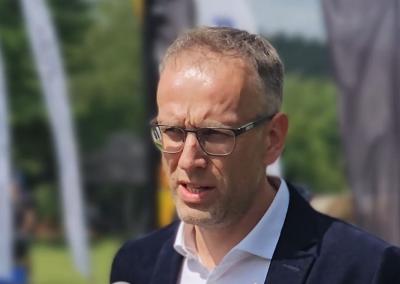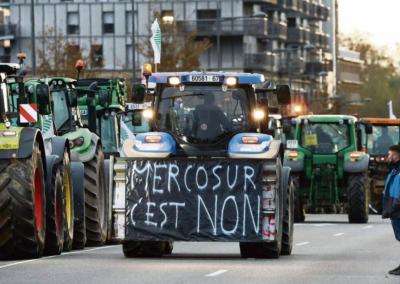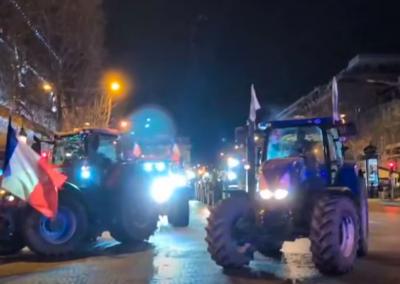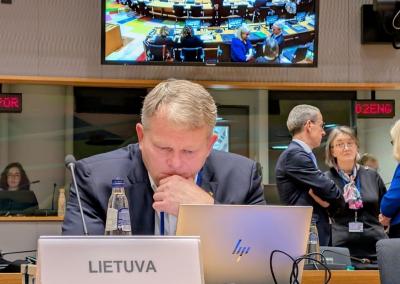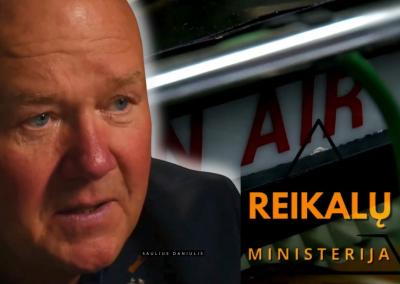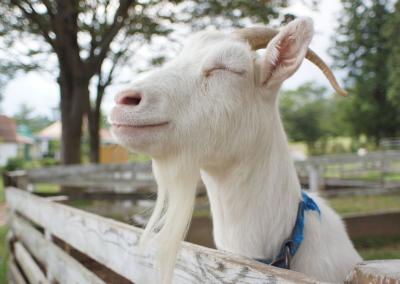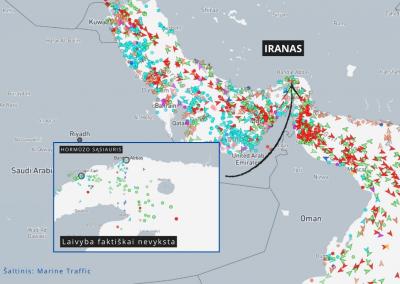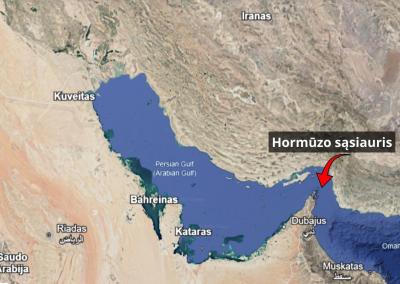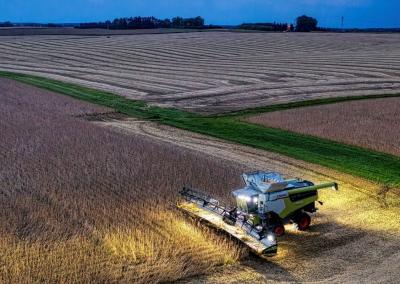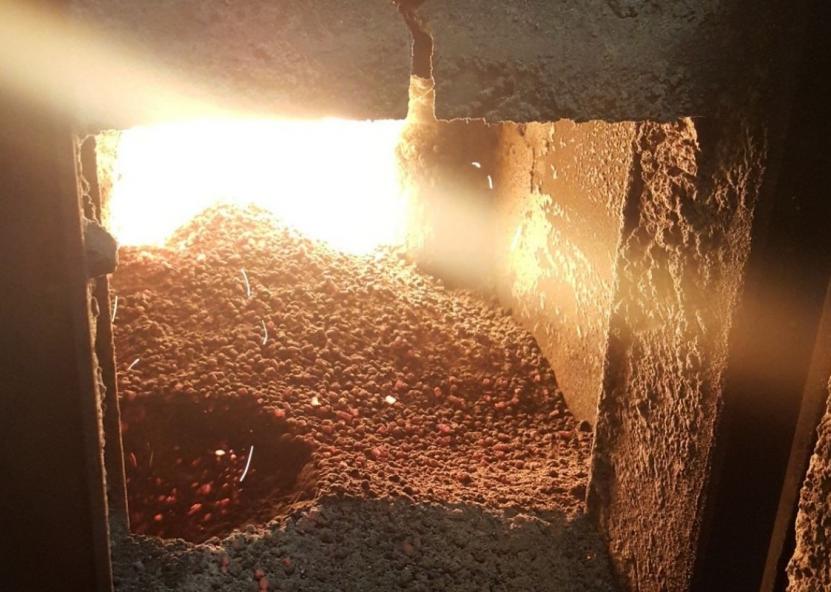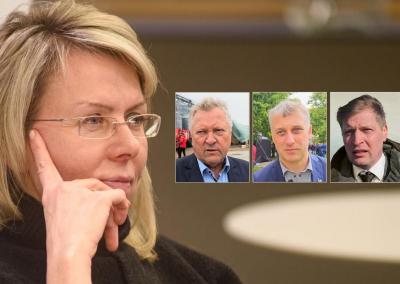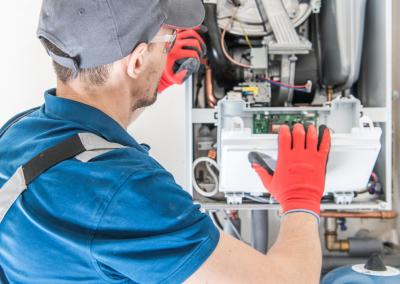Food wheat as a desperation for farmers?
Farmer Edas Sasnauskas sparked a wave of discussion on social media – he shared that he uses wheat to fuel his shoulders. "Wheat heating is more cost-effective than buying pellets or firewood," the farmer wrote. And while the decision may seem shocking, Sasnauskas argues that cold economic logic, not protest, is behind it.
This is not the first such season
„I don't see the point in protesting against the degenerates who are leading the people“, – Sasnauskas says without mincing words. The decision to burn wheat has nothing to do with political statements or protest, he says, – it is simply a way to survive when farmers' work is becoming unprofitable.
„Imagine, 1 tonne of pellets costs €200, and it is sawdust. It has the same calorific value (calorific value) as wheat. The ash content is only 1% higher. So I have 1.5 times cheaper fuel. And you don't have to transport it, you don't have to dispose of it, you burn it yourself and keep yourself warm," the farmer continues.
He is currently heating his outbuildings with food wheat, which cover an area of about 1,200 sq m and about 2,000 sq m. Sasnauskas was surprised that his post on social networks attracted so much attention, as it is not the first season that he has been heating with grain: "A few years ago, the pellets were more expensive than the grain, and I did the same. Since then, we have built boilers. When grain became more expensive and pellets became 1.5 times cheaper, we didn't think twice and started using pellets.
Fair reality
„The situation is really paradoxical – fuel for heating costs more than food grains“, – wondered Audrius Vanagas, Chairman of the Lithuanian Grain Growers Association (LGAA). „Can it be so? After all, feed wheat could also be burnt. But we are talking about food grain here. Looking at what the buyers are offering, looking at the prices on the commodity exchange, it is impossible to see how farmers can survive," says Vanagas.
The LGAA chairman says that there are indeed situations every year where severely undervalued grain is chosen for burning and use as fuel. For example, oats grown for food are not up to standard and their price is severely undercut. Others even grow and burn oats specifically to avoid having to buy pellets. There are all sorts of options," says Vanagas, adding: "The farmer will really save money in this case by not having to buy materials for heating. But the situation is grim. Is it normal that it is cheaper to burn the harvest than to buy other heating materials?
Message subtext
E. Sasnauskas' post on social networks has received a wide range of reactions, from support to indignation. However, the farmer does not take the criticism lightly: „Such comments are written by people who do not know what agriculture and business are. It is not worth reacting to such nonsense. Sensible people understand that this is not a protest, but a simple economic decision.
E. Sasnauskas does not hide his resentment at ever increasing taxes and declining profitability.
„Everything is getting more expensive – land rent, fertiliser, seeds, drying, taxes. When wheat was €350, everyone blamed farmers for making bread more expensive. But now, with wheat at €140, nobody is saying that food should become cheaper. Why? Why doesn't anyone reduce other prices?", the farmer asks rhetorically.

